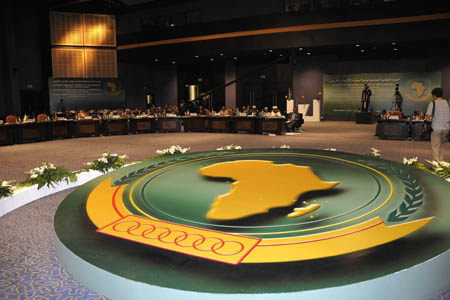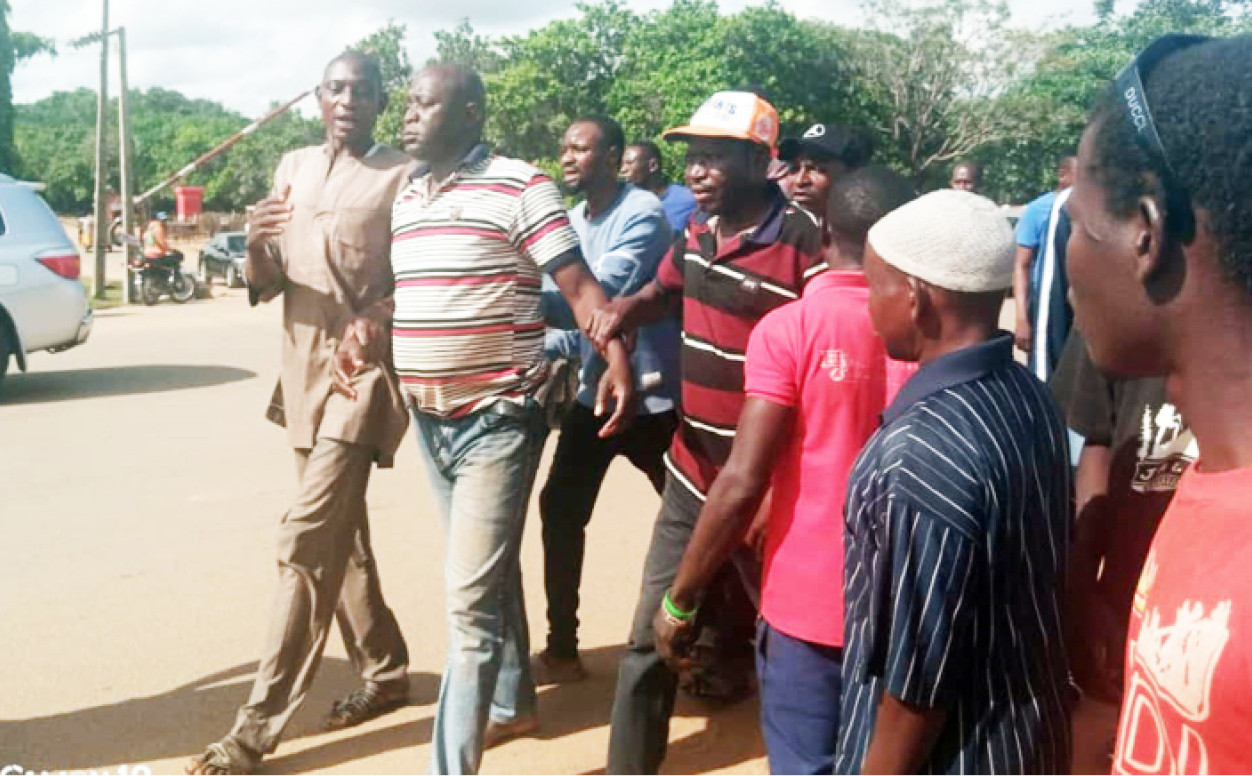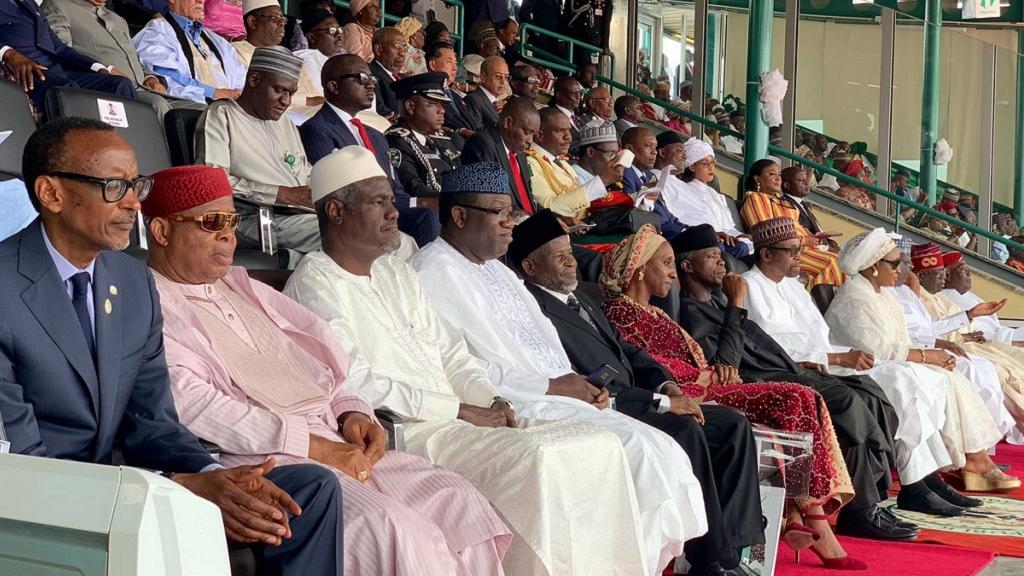Malawi President Joyce Banda said Thursday she respects the African Union’s decision to move next month’s summit from Lilongwe to Addis Ababa following disagreements of the attendance of embattled Sudanese leader Omar Hassan al-Bashir. “I want to say as Joyce Banda and President of Malawi that I respect the decision of the African Union to move the summit from Malawi to Addis Ababa and for me what is paramount…what comes first is Malawi and Malawi,” she told a press conference in Blantyre on her return from Great Britain and the United States. Last Friday Malawi decided to cancel the summit, scheduled for Lilongwe between July 9 and 16, over AU’s insistence that Lilongwe has no right to dictate who attends the summit or not. President Banda had earlier wrote the AU commission requesting it not to invite al-Bashir wanted by the International Criminal Court (ICC) over atrocities in the Sudanese western region of Darfur. But the AU Commission wrote Malawi that all African leaders are eligible to attend and the host country cannot bar anyone.
If Malawi insisted, AU warned, the summit would be switched to its headquarters in the Ethiopian capital. “As far as I am concerned,” said President Banda at the Thursday press conference, “I respect President al-Bashir and I respect him as Head of State of Sudan but I, I’m President of Malawi, and my problem right now…my main agenda right now is Malawi’s economic recovery.” Malawi’s main Western donors, notably Great Britain and the United States, have expressly said they would not view kindly any country that hosts al-Bashir without arresting him and handing him over to the Hague Court. The US Congress recently passed a resolution mandating Washington to cut off aid to any such countries. President Banda earlier described al-Bashir as “an economic risk” for Malawi and in a recent meeting with visiting British International Development Minister Andrew Mitchell she said Malawi would arrest the Sudanese leader should he force himself on Malawi. Africa, over 30 of whose countries have ratified the Rome Statute that set up ICC, is divided how it handles the Hague court.
Many African countries believe ICC unfairly targets African leaders but Botswana, Zambia and now Malawi have openly said they would perform their obligation to the ICC and arrest al Bashir if he visits their countries while South Africa has said it would not grant his security if he visits. Fatou Bensouda, who takes over as ICC prosecutor this month from Argentinean Luis Moreno-Ocampo, dispelled what she termed as “perceptions” that the Hague- based court is only there to punish Africans. “A lot of it is only perception,” Bensouda, herself an African from the Gambia, told a recent Open Society conference in Cape Town, South Africa. “The perception is a dangerous thing; it’s given to impress that the only place ICC is working is in Africa.” Meanwhile, Botswana has thrown its weight behind Malawi accusing AU of exerting undue pressure on the southern African country to host al-Bashir. “Botswana therefore condemns this action as it is inconsistent with the very fundamental principles of democracy, human rights and good governance espoused by the AU and which Malawi upholds,” reads a statement issued in Gaborone Wednesday. “It is our considered view that Malawi as a sovereign state has the right to make decisions it may deem necessary in fulfilment of her obligations under both the Rome Statute and the AU.” The statement said Botswana would take up the issue at the Addis indaba.




